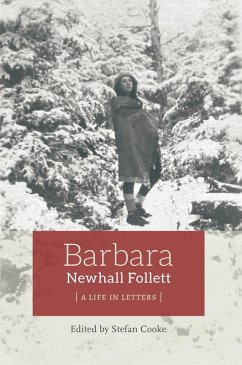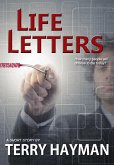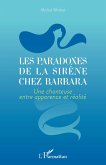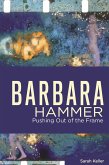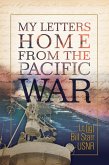Born in 1914 into a literary family, Barbara Newhall Follett published her first novel with Alfred A. Knopf--THE HOUSE WITHOUT WINDOWS--when she was twelve. It was widely praised throughout the United States and Great Britain. Eleanor Farjeon, who composed the hymn "Morning Has Broken," wrote: "These pages simply quiver with the beauty, happiness, and vigour of forests, seas, and mountains.... I can safely promise joy to any reader of it. Perfection."
In 1927 Barbara convinced her parents to let her sail on an old trading schooner from her home in New Haven, Connecticut, to Nova Scotia; and the following year Knopf published THE VOYAGE OF THE NORMAN D.--her remarkable description of the voyage. Barbara's literary career looked bright, but shortly before publication her father deserted his family for a younger woman. Barbara was devastated, but convinced her mother that their best recourse was to go to sea with their typewriters.
After ten months at sea Barbara met and fell in love with a sailor, Edward Anderson. After moving to New York during the early months of the Great Depression, Barbara began writing her third and last book--LOST ISLAND--which mirrors her own life and that of her wandering sailor's. Soon, however, she would meet a new beau, Nickerson Rogers. Both devotees of woods and mountains, the couple spent the summer of 1932 walking the Appalachian Trail from Katahdin to the Massachusetts border. After a year exploring Europe they married in Brookline, Massachusetts, in 1934. Five years later, with the marriage failing, Barbara walked out of her home and was not heard from again. She was twenty-five.
Happily, Barbara left behind dozens of her remarkable, rich letters; descriptions of wilderness adventures; short stories (the later ones autobiographical); accounts of her imaginary world, Farksolia, and her semi-autobiographical novel, Lost Island (now available from Farksolia). This book, compiled and edited by Barbara's half-nephew, tells the story of Barbara's life through her own words as well as those of her family and correspondents.
In 1927 Barbara convinced her parents to let her sail on an old trading schooner from her home in New Haven, Connecticut, to Nova Scotia; and the following year Knopf published THE VOYAGE OF THE NORMAN D.--her remarkable description of the voyage. Barbara's literary career looked bright, but shortly before publication her father deserted his family for a younger woman. Barbara was devastated, but convinced her mother that their best recourse was to go to sea with their typewriters.
After ten months at sea Barbara met and fell in love with a sailor, Edward Anderson. After moving to New York during the early months of the Great Depression, Barbara began writing her third and last book--LOST ISLAND--which mirrors her own life and that of her wandering sailor's. Soon, however, she would meet a new beau, Nickerson Rogers. Both devotees of woods and mountains, the couple spent the summer of 1932 walking the Appalachian Trail from Katahdin to the Massachusetts border. After a year exploring Europe they married in Brookline, Massachusetts, in 1934. Five years later, with the marriage failing, Barbara walked out of her home and was not heard from again. She was twenty-five.
Happily, Barbara left behind dozens of her remarkable, rich letters; descriptions of wilderness adventures; short stories (the later ones autobiographical); accounts of her imaginary world, Farksolia, and her semi-autobiographical novel, Lost Island (now available from Farksolia). This book, compiled and edited by Barbara's half-nephew, tells the story of Barbara's life through her own words as well as those of her family and correspondents.
Dieser Download kann aus rechtlichen Gründen nur mit Rechnungsadresse in A, B, BG, CY, CZ, D, DK, EW, E, FIN, F, GR, HR, H, IRL, I, LT, L, LR, M, NL, PL, P, R, S, SLO, SK ausgeliefert werden.

